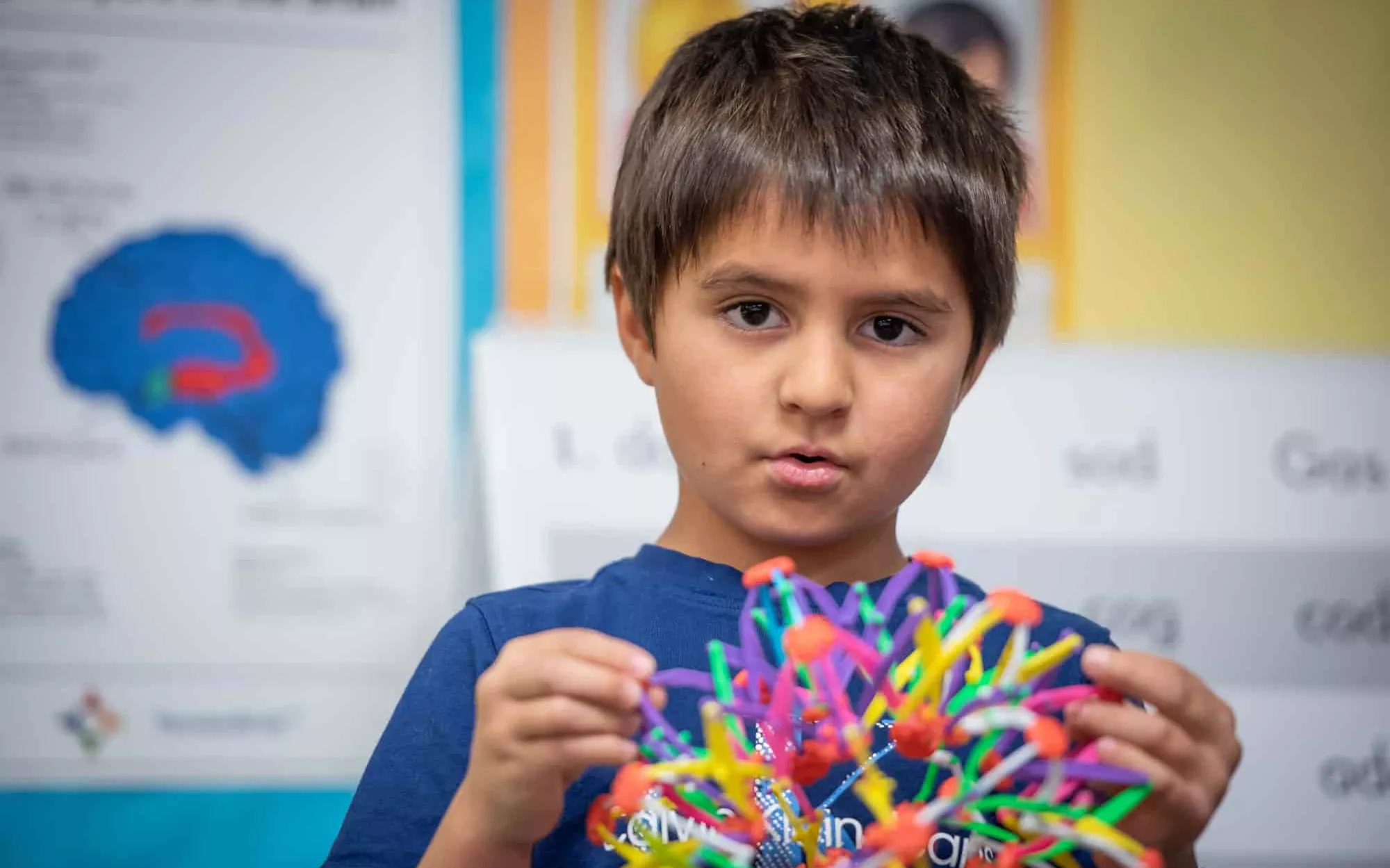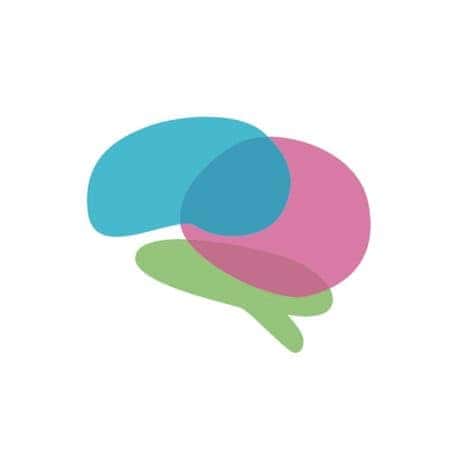Foundations: Self-Regulation
Self-regulation is the term used to describe a set of skills that allow a child to manage their emotions, control their actions, and maintain focus and attention on what they are doing.
Children develop at different cognitive and physical rates in all of the developmental stages. This is true for self-regulation skills as well. That’s because self-regulation is a complex process that is influenced by the child’s temperament, environment, and life experiences.
At FocusedKids, we like to think about three different kinds of self-regulation: emotional, behavioral, and cognitive.
Emotional self-regulation is involved in how we feel emotions, how we pay attention to emotions, how we think about these feelings and how we behave. Children can gradually learn how to manage their feelings with the right practices. This leads to effectively interacting with peers and adults when they are upset, frustrated, or otherwise over-stimulated.
Behavioral self-regulation includes the ability to inhibit impulsive actions and express intentional ones. Examples include remembering and following rules, not hitting or biting, and sharing in play.
Cognitive self-regulation is the most complex and last to develop. It begins to appear in four-year-olds as they develop their ability to plan (e.g., what they are going to do) and utilize proper responses (e.g., listening when a story is read).
These skills (or lack thereof) impact how a child comes to feel about themself and their relationships with others, their ability to cope in the face of frustration, disappointment, stress and uncertainty, and their mental health. In addition, many of the behaviors and attributes associated with successful school adjustment and academic success are related to self-regulation skills.
Popular psychologist Daniel Goleman is a major proponent of research showing that self-regulation capabilities are the biggest single determinant of life outcomes. That is why we place such an emphasis on them in the FocusedKids Method.
If you want to dive deeper into self-regulation, you can watch this video featuring Daniel Golman.

